“In the middle of the next term, the National Assembly should choose the topic of supreme supervision of national target programs to continue to remove obstacles in the implementation of these programs.” This is the recommendation of delegate Lo Thi Luyen, Deputy Head of the specialized delegation, in charge of the National Assembly delegation of Dien Bien province.
Many thoughts from the grassroots
According to delegate Lo Thi Luyen, reality shows that thanks to national target programs, the socio -economic situation in localities, especially in disadvantaged areas, has changed significantly. The lives of the people - the beneficiaries - have improved, and the people's trust in the Party has been strengthened.
Affirming the necessity of national target programs, but from the grassroots practice, delegate Lo Thi Luyen said that she received many concerns from voters about difficulties in implementing national target programs that need to be listened to and resolved by the National Assembly .
According to delegate Lo Thi Luyen, the process of organizing the implementation of the national target program over the past years - from the period when there were more than ten national target programs, then merged into the socio-economic development program for ethnic minority and mountainous areas, to the period of 2021-2022 when there were only three programs (new rural areas, sustainable poverty reduction, and socio-economic development for ethnic minority and mountainous areas) showed that there were still many problems. The National Assembly delegation of Dien Bien province, when supervising the situation, made recommendations, and the National Assembly and the National Assembly Standing Committee listened and resolved many issues. However, there are still difficulties that have lasted until now.
In the coming period, the whole country will implement five national target programs with seven areas, including: three combined programs (new rural areas, sustainable poverty reduction, socio-economic development in ethnic minority and mountainous areas), drug prevention program, cultural development program, and at the 10th session of the 15th National Assembly, two more programs on health and education will be approved.
Therefore, to effectively implement national target programs, identifying obstacles to overcome is very important. Based on local realities, delegate Lo Thi Luyen pointed out the shortcomings and limitations in the implementation of current national target programs such as project approval authority, management mechanism, support level, capital matching, etc.
Specifically, the process of project appraisal, delegation, and approval is very complicated. The capital for public service in the national target program is divided into two methods: investment capital and direct support capital, and both are very difficult to disburse. The disbursement rate of public service capital is much lower than that of public investment capital due to complicated procedures and inconsistent allocation authority. Meanwhile, the rate of capital allocation for public service for the target program is very large.
Delegate Lo Thi Luyen cited the example of the new rural program, which allocates total public capital to localities, thus facilitating implementation. However, the poverty reduction program and the ethnic minority development program are allocated by the Central Government to each component project, making it very difficult for localities to implement. Difficult to implement and disburse, but public capital for national target programs is often delivered very late, even in August or September, requiring full disbursement within the year and not allowing transfer of funds.
“After monitoring and making recommendations, the National Assembly issued Resolution 111 to partially resolve the issue. The National Assembly also amended the Budget Law, allowing the transfer of funds to December 31 of the following year, which is very timely,” said delegate Lo Thi Luyen.
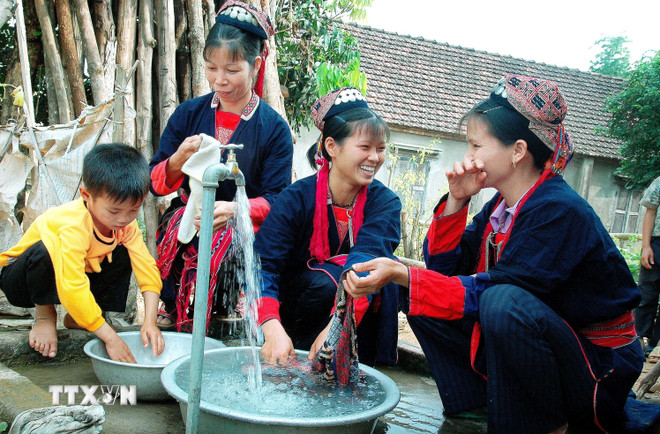
Another difficulty related to capital is counterpart capital. Delegate Lo Thi Luyen said that, in principle, disadvantaged localities are given priority to support the program, which means they are assigned many tasks and capital. However, disadvantaged localities do not have the resources to respond, leading to a paradox: they are assigned the most tasks but are the most difficult to do. In addition, the implementation of programs that stipulate "no overlap, no duplication of scope, objects" but require "integration of capital sources" makes it very difficult for localities to implement, because each source has different processes, management methods, and payment settlements.
Accordingly, delegate Lo Thi Luyen proposed not to require localities receiving 60% or more of the central budget to arrange counterpart capital because in reality, if any, counterpart capital is also supported by the central budget; not to require the arrangement of integrating programs because it is very difficult and the principle in building programs is not to overlap content.
Need for unity in implementation
In addition to capital issues, management is also difficult. Delegate Lo Thi Luyen said that the three national target programs for the 2021-2025 period have different management mechanisms and implementation processes, causing great difficulties for local management agencies. Each program has a different governing body and standing agency, leading to different forms and reports. This leads to duplication and increases the workload for specialized agencies. For example, the same content of nutritional care for children in the first 1,000 days of life exists in two different programs: the ethnic minority development program and the sustainable poverty reduction program.
The same content but different levels of support of the programs make people confused, compare, causing difficulties in implementation. According to Ms. Luyen, people are the beneficiaries and often only understand this as a State policy, not distinguishing between the programs.
From the practical basis, Ms. Luyen said that people want resources to be focused on infrastructure investment: electricity, roads, schools, stations, so that people have favorable conditions for trading goods, reducing the fear of distance for investors. Affirming that direct capital support for people has helped dynamic households have conditions to develop their livelihoods and improve their lives, but Ms. Luyen also said that there is a phenomenon of people relying on and waiting for support. This causes unfairness when people who work hard and have a good life do not receive support but those who make less effort are entitled to the policy.
Citing the example of the issue of removing dilapidated houses, which are removed this year and doubled next year due to young people getting married and new households being born, delegate Lo Thi Luyen said that some localities have applied regulations for households aged 40 and under, with good health, to strive to improve themselves and only support households over 40 years old and with health difficulties.
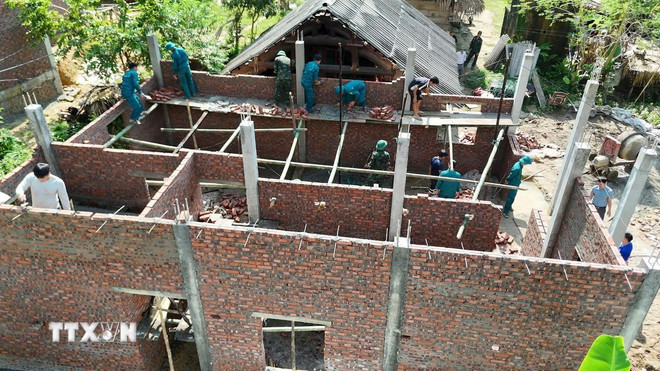
Faced with the above problems, the Deputy Head of the Delegation in charge of the National Assembly Delegation of Dien Bien province proposed that the National Assembly deploy a special topic of supreme supervision on national target programs in the next term to continue to remove obstacles.
Also according to delegate Lo Thi Luyen, people want to have only one national target program on socio-economic development in especially difficult and disadvantaged areas, with one management mechanism, one governing body, and a clear redesign of investment capital allocation, career capital, project content... This is suitable for the current local government organization - few people, many tasks.
Sharing the above issues, delegate Le Quang Manh (Can Tho delegation) said that in the period of 2012-2013, the whole country implemented 16 national target programs with about 100 target programs. This caused the State's money poured into localities to be divided into small pieces while the money in this target program was not used for other target programs, causing a huge bottleneck in implementation.
“In 2020, we realized the problem, the National Assembly decided to cut all target programs, combining two programs: new rural areas and poverty reduction. That was a 'revolutionary' decision and we have new rural development and poverty reduction that are highly appreciated by the world,” said delegate Le Quang Manh.
Delegate Le Quang Manh said that past lessons show the need for solutions to organize and implement national target programs in a unified manner./.
Source: https://www.vietnamplus.vn/dai-bieu-quoc-hoi-de-nghi-go-kho-cho-cac-chuong-trinh-muc-tieu-quoc-gia-post1079349.vnp



![[Photo] VinUni students' emotions are sublimated with "Homeland in the Heart: The Concert Film"](/_next/image?url=https%3A%2F%2Fvphoto.vietnam.vn%2Fthumb%2F1200x675%2Fvietnam%2Fresource%2FIMAGE%2F2025%2F11%2F26%2F1764174931822_10-3878-jpg.webp&w=3840&q=75)


![[Photo] Close-up of heavy damage at the school located on the banks of the Ban Thach River](/_next/image?url=https%3A%2F%2Fvphoto.vietnam.vn%2Fthumb%2F1200x675%2Fvietnam%2Fresource%2FIMAGE%2F2025%2F11%2F26%2F1764152130492_ndo_bl_img-8188-8805-jpg.webp&w=3840&q=75)

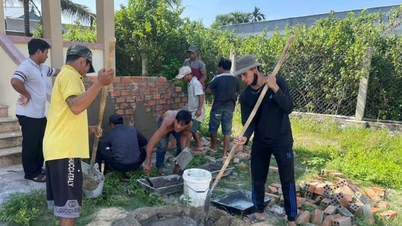

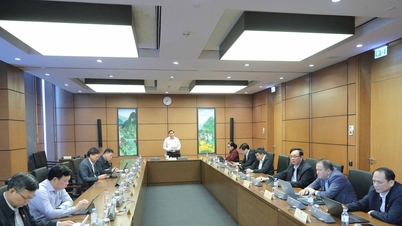




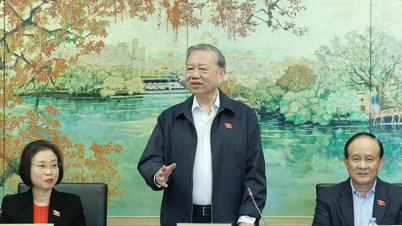



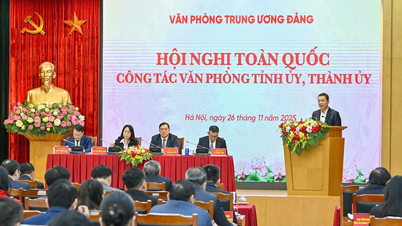


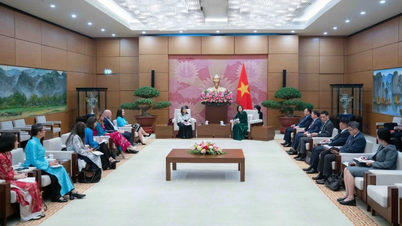







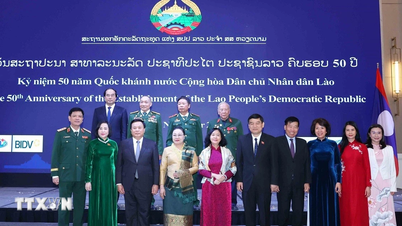

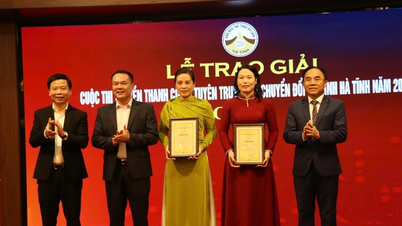











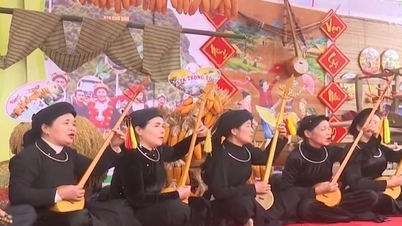









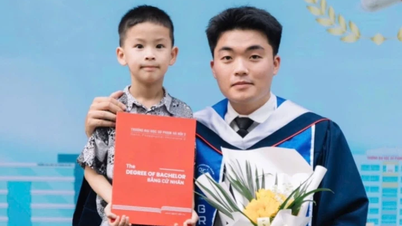

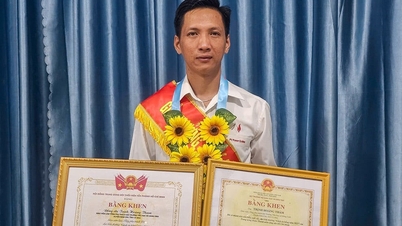

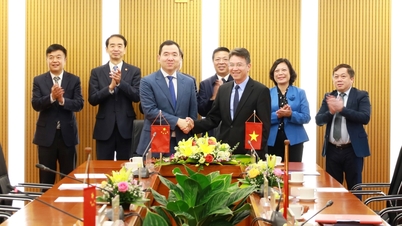





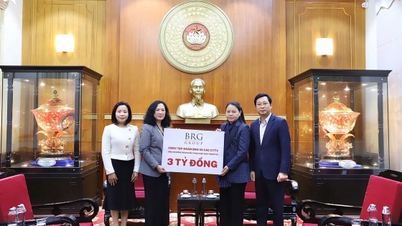












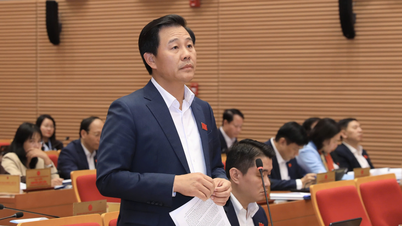
![[Photo] Opening of the 28th Session of the Hanoi People's Council](https://vphoto.vietnam.vn/thumb/402x226/vietnam/resource/IMAGE/2025/11/26/1764155991133_image.jpeg)









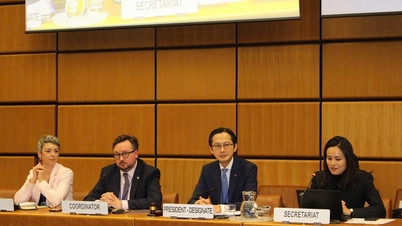







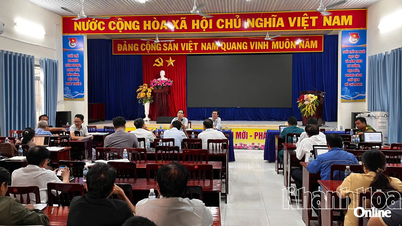









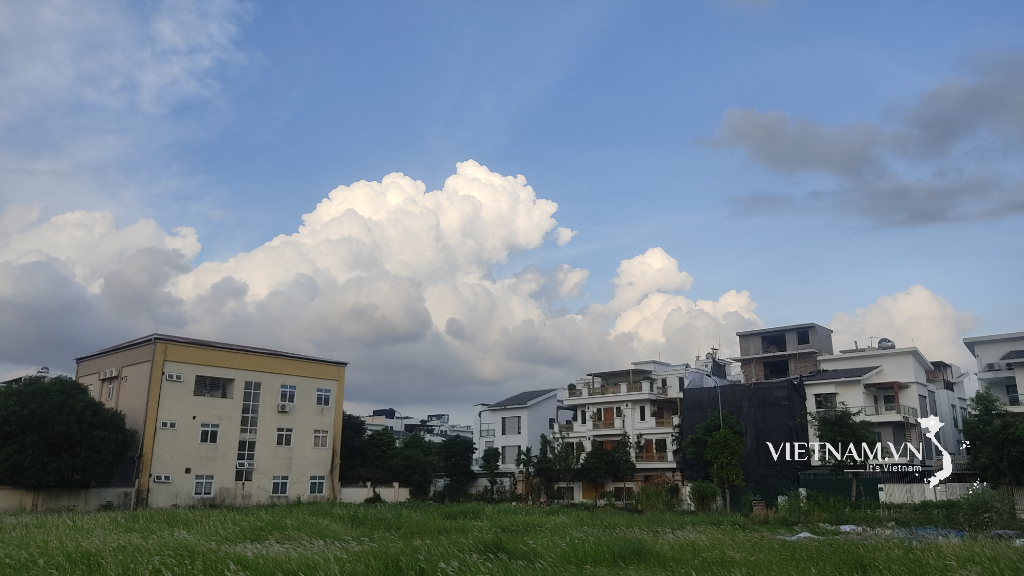



Comment (0)